Expertise, Research, Green - Natural - Safe, Body, Natural cosmetics
CBD oil: help with acne, anxiety, menstrual pain and much more

Dec
CBD oil is the next big trend on the horizon. On the one hand in cosmetics, but also for ingestion to help with pain, anxiety, tension and much more.
But what is CBD anyway and how is CBD oil extracted? Does CBD oil get you high or is it safe? Is CBD oil legally available? And what are the differences between CBD oil and hemp oil? What is CBD oil good for and when can it be used?
Many people regularly take painkillers, sleeping pills or other synthetic medications. However, these preparations, some of which contain far too high a dosage, sometimes place a great strain on the human body. They are also difficult to combine with a healthy (and vegan) lifestyle. Due to the increased demand in recent years, the range of natural alternatives to conventional painkillers has grown rapidly. One very popular, but not uncontroversial organic product in the public eye is CBD oil.
Herbal painkiller: What is CBD oil?
CBD is the abbreviation for the word cannabidiol. This refers to one of a total of over 85 cannabinoids of the female hemp plantwhich is commonly known as cannabis. In contrast to the psychoactive cannabinoid THC, which is usually smoked or consumed in other ways, cannabis is not a psychoactive substance. CBD completely legal in Europe. For the production of commercially available CBD oils, hemp varieties are used that have a high CBD content but a low THC content. Within the EU, only products with less than 0.3% THC are authorised. The amount of THC contained in commercially available CBD oils is definitely too low to get "high" from it.
Due to the intoxicating effect of THC, hemp is often associated with illegal drugs. For a long time, this also affected the image of this amazingly potent crop, which is characterised by its resource-saving nature and environmental friendliness. Hemp hardly needs any water, is extremely resilient and grows quickly. As the plant is hardly susceptible to pests, it does not need to be treated with pesticides. It has been used since ancient times for the production of textiles, insulation materials and as food.
In recent years, research and alternative medicine have been particularly interested in the medical and therapeutic effects of CBD oil extracted from the cannabis plant. It is believed that CBD oil can help not only with acute complaints such as menstrual pain or nervousness, but also with some chronic illnesses. Numerous patient testimonials speak for themselves. However, there are still very few clinical studies on the effects of CBD oil. It is at least considered proven that CBD has an antioxidant and anti-inflammatory effect and has a positive influence on the psyche. The cannabinoid supports the body in reducing stress and sustainably improves general well-being.
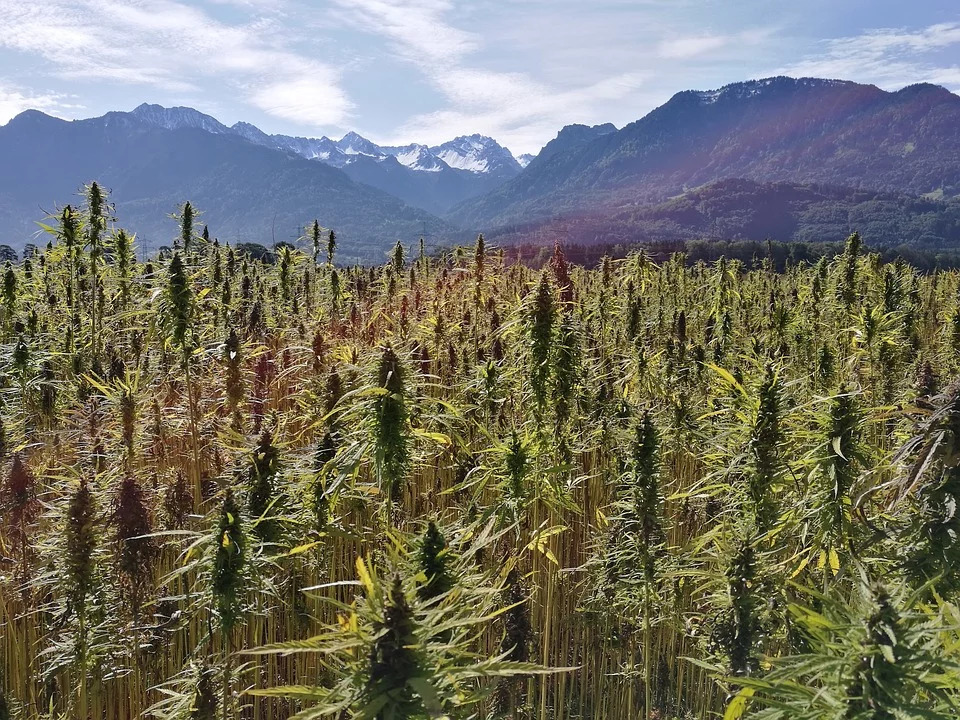
What is the difference between CBD oil and hemp oil?
There are significant differences between CBD oil and hemp oil. Both oils are used for medicinal purposes. But while the effects of hemp oil have been extensively researched in the past, the full spectrum of effects of CBD oil is still largely unexplored.
CBD oil is extracted from the leaves, flowers and stems of the cannabis plant. Hemp oil, on the other hand, is a by-product made from cold-pressed hemp seeds. It has been available in health food stores for decades and can be found in smoothies and skincare products. It is rich in antioxidants, omega-3 and omega-6 fatty acids, but does not contain CBD, THC or other cannabinoids. In skincare, hemp oil extracted from the seeds of the plant is used as a powerful moisturiser with antioxidants and omega fatty acids.
CBD oil is also suitable for the skin, where it has an anti-inflammatory effect, for example. It is also absorbed through the skin and acts on the cannabinoid system in the body. There, the CBD acts on the CB1 and CB2 receptors of the cannabinoid system, which all mammals have. The receptors run through the entire body and, put simply, influence inflammation and pain, among other things. CBD therefore has both external and internal applications, where it has a wide range of benefits.

CBD oil: how safe is it?
Current findings indicate that the active ingredient in CBD oil is safe. CBD oil is safe and authorised if the THC content between 0 and max. 0.3% lies. Then it is also guaranteed that CBD oil is not psychoactive or intoxicating and is safe. However, you should always be aware of possible interactions with medication. It should also be borne in mind that CBD, unlike THC, has a appetite suppressant effect has. People with a low body weight and seriously ill people should therefore refrain from taking CBD oil. It is also recommended to refrain from taking CBD during pregnancy and while breastfeeding due to a lack of reliable studies. Although there are no known side effects or risks, the field has not yet been conclusively researched. If in doubt, it is advisable to consult a doctor before starting any treatment with CBD.
Extraction and production of CBD oil: how the natural miracle cure is obtained
CBD oil can be produced using a wide variety of processes. The colour of the oil varies depending on the conditions under which the cannabis plants are grown. Crude oil is usually dark or greenish, as it is not filtered and still contains plant fibres and chlorophyll. The highest quality is the yellowish or golden-coloured filtered oil.
A common and popular method for producing CBD oil is CO2 extraction. In this innovative process, liquid CO2 is used as a solvent instead of chemicals. The desired substance, i.e. the CBD, can be dissolved from the cannabis in this way. In a further step, the extract obtained is separated from the CO2. This extraction process is used in the food industry for many other purposes. Compared to other processes, CO extraction is a particularly environmentally friendly method.
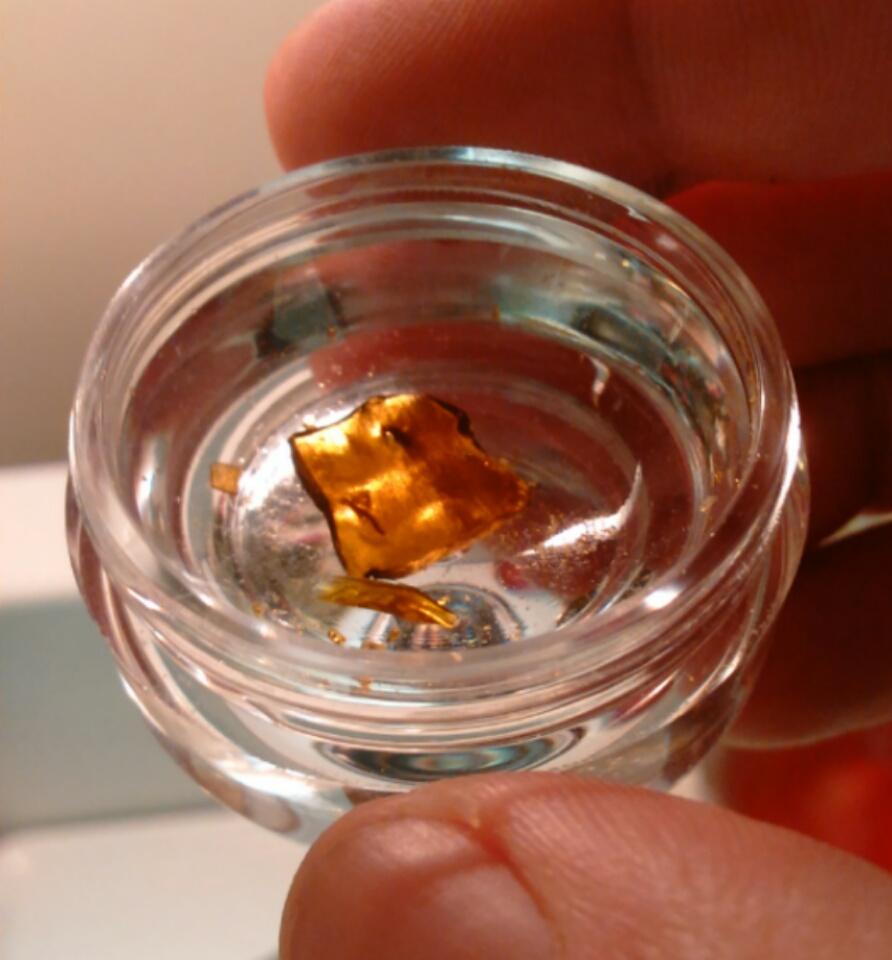
Multi-talented CBD oil: application and mode of action
CBD has a variety of uses and can be taken in different ways. In this context, it should be mentioned that some forms of CBD have a higher bioavailability than others. They can therefore be absorbed more easily by the body.
For joint pain, tension, skin irritation, inflammation and acne CBD oil applied externally. Topical CBD oils typically contain a carrier such as coconut oil, shea butter or beeswax in addition to the active ingredient. The The effect of CBD often only becomes apparent after about an hour.
There are also a number of CBD oil products for oral ingestion. As many people find the flavour of CBD oil bitter and unpleasant, CBD oil capsules are now also available. The disadvantage is that these cannot be dosed as well. For acute complaints, CBD oil in the form of drops takes effect after 15 to 30 minutes. With CBD oil capsules, it takes around 30 to 60 minutes.
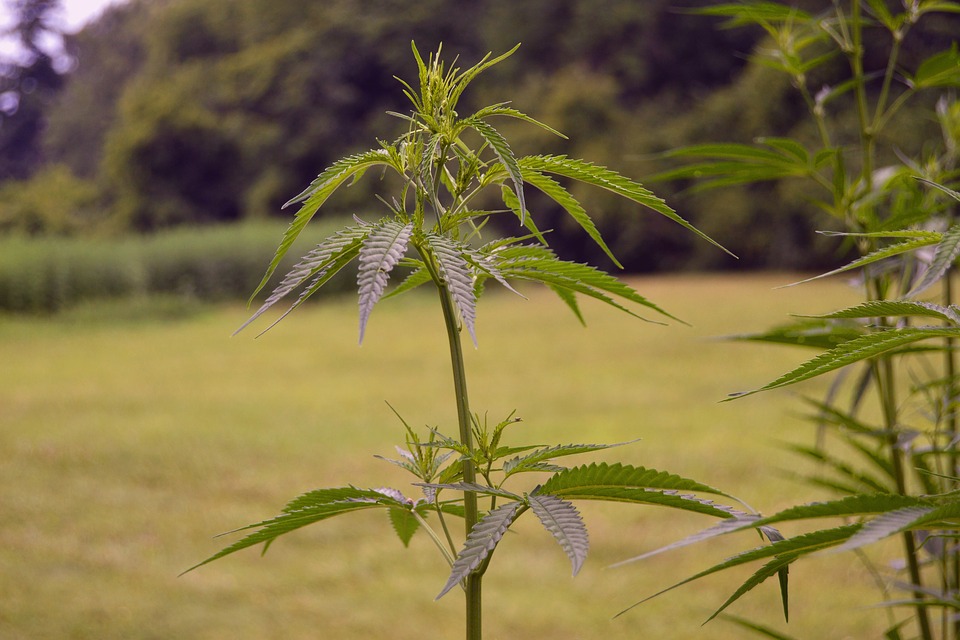
Areas of application: What is CBD oil good for?
CBD can promote health in a variety of ways. The therapeutic potential of the cannabinoid has definitely not yet been fully utilised. Among other things, CBD oil is currently used to alleviate and treat the following complaints and illnesses:
- Neurodermatitis
- Acne
- Inflammation of the skin
- Chronic or acute pain
- Joint diseases
- Inflammations
- Menstrual cramps and PMS
- Smoking cessation and drug withdrawal
- Epilepsy
- Certain cancers
- Depression
- Anxiety disorders and panic attacks
- Obsessive-compulsive disorders
- Diabetes
- Overweight
A positive effect of CBD oil has been scientifically proven for most of these areas of application. For example, the authors of a study published in the Journal of Experimental Medicine in 2012 found that CBD significantly reduces chronic inflammation. Another study looked at the use of CBD in connection with smoking cessation as early as 2013. Smokers who used inhalers containing CBD smoked significantly fewer cigarettes than before and had no further cravings for nicotine.
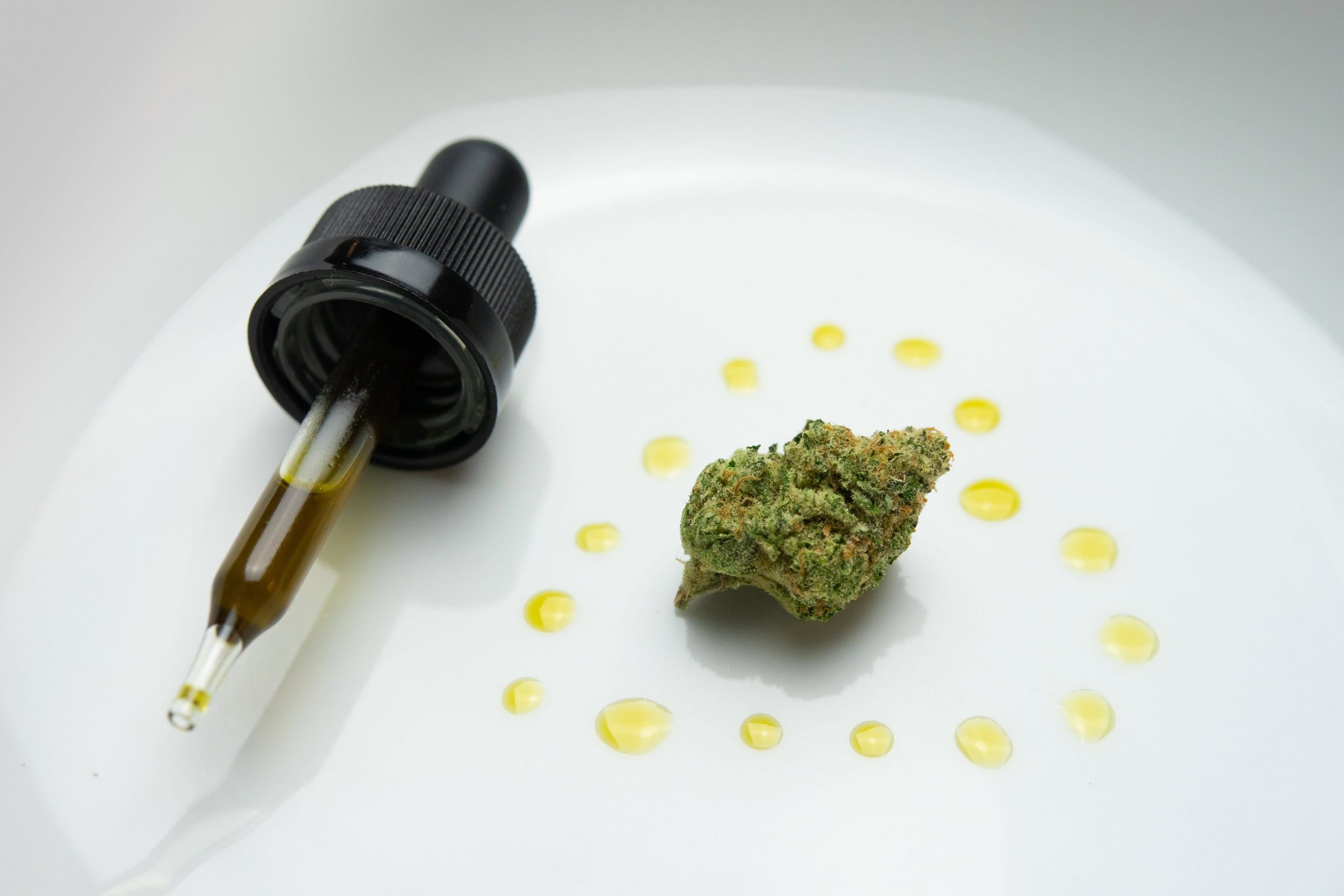
CBD oil for menstrual pain
For PMS complaints and menstrual pain, CBD oil is a Reliable alternative to conventional painkillers such as ibuprofen, naproxen or paracetamol. CBD regulates the vanilloid receptor, which reduces the perception of pain. Women can even proactively prevent menstrual cramps by starting to take CBD oil a few days before their period begins. However, if acute pain occurs, the affected areas of the body can be treated externally with topical CBD oil.
CBD oil for anxiety
Doctors usually advise people with chronic anxiety disorders to avoid the usual cannabis, which contains THC. THC is suspected of triggering or intensifying feelings of anxiety and paranoia. The situation is different with CBD, especially as conventional treatment can lead to side effects and withdrawal symptoms. For this reason, medical research is now focussing intensively on the question of whether - and which - cannabinoids could represent a possible alternative to certain psychotropic drugs. In a study published in Neurotherapeutics in 2015, researchers found that CBD can significantly reduce anxiety in people. In patients with post-traumatic stress disorder, social phobia or certain obsessive-compulsive disorders CBD had an anti-anxiety and calming effect.
What should be considered when treating with CBD oil?
In addition to the medical aspects, the origin of the CBD oil plays a major role. When buying CBD oil, you should never fall back on low-budget products. Hemp plants are considered hyper-accumulators. Where they grow, they clean the soil by absorbing any toxins or chemicals such as fertilisers. There is a risk that these toxins could be present in extracts from the plant as a result. It is therefore recommended, Only high-quality CBD oil from organic cultivation to use. Of course, quality has its price, but in the end you are doing something good for yourself and the environment.
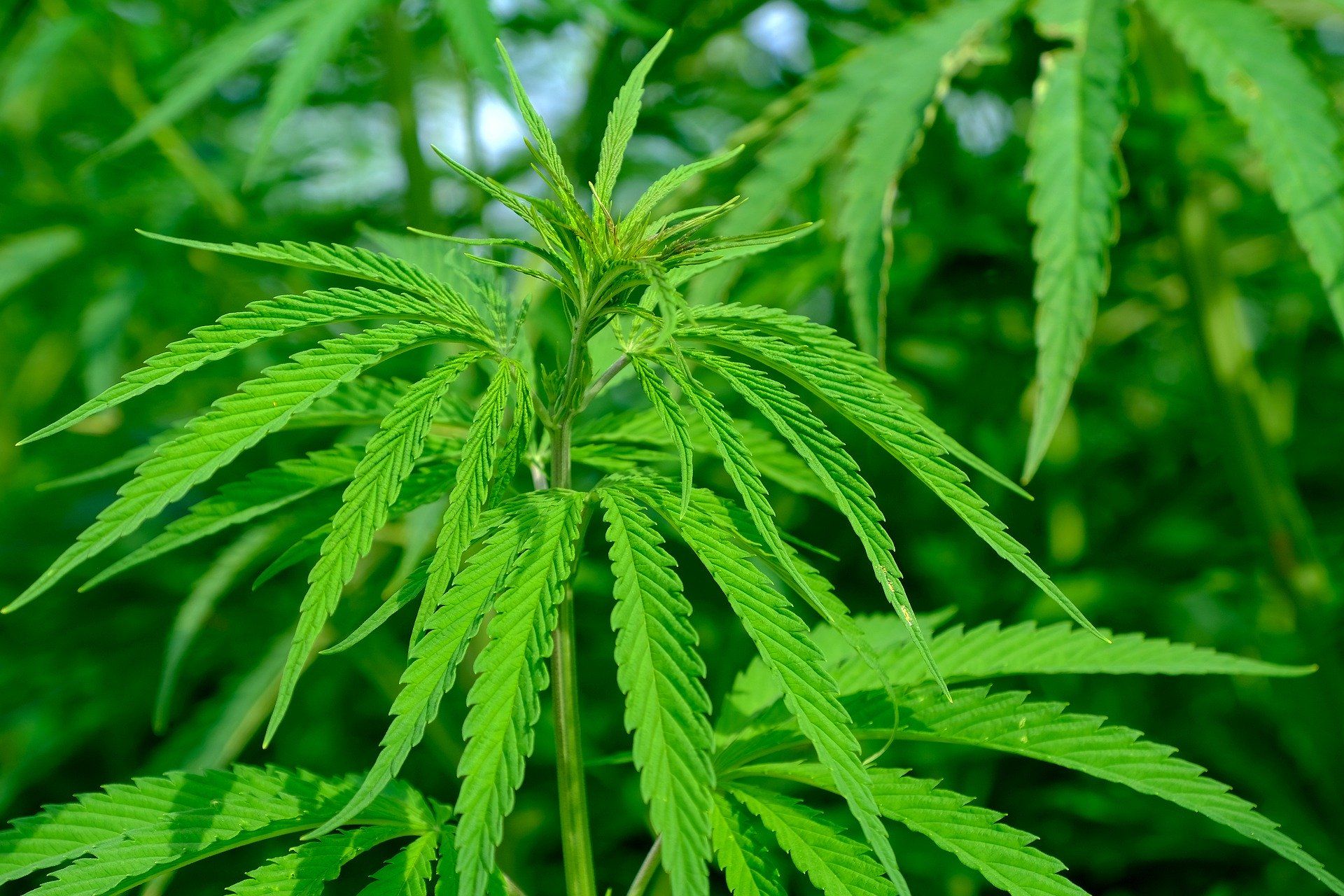
Conclusion: CBD oil has potential
Although research into CBD is still in its infancy, the potential of the active ingredient appears to be enormous. CBD has an antioxidant, analgesic and anti-inflammatory effect. The cannabinoid also improves mental balance and provides greater equilibrium. The positive effect of the powerful CBD oil on menstrual pain, anxiety and chronic pain has now been proven. Nevertheless, there are almost no comprehensive studies on the effect of CBD oil on specific complaints and illnesses. After all, the hemp plant did not have the best reputation for a long time, which is why some of the products were banned. As a result, until a few years ago, research was not at all interested in the plant and the active ingredients it contains. Fortunately, this has now changed and we can look forward to the research results of the coming years.
Sources:
- https://www.kloriscbd.com/blogs/cbd-information/why-is-it-so-important-to-use-organically-sourced-cbd
- https://www.tiroler-kraeuterhof.com/magazin/cbd-oel-heilkraft-einer-uralten-kulturpflanze/
- https://www.healthline.com/health/cbd-oil-for-painhttps://en.wikipedia.org/wiki/Cannabis
- https://www.wellandgood.com/good-looks/hemp-oil-vs-cbd-oil/
- https://www.ncbi.nlm.nih.gov/pmc/articles/PMC2828614/
- https://www.ncbi.nlm.nih.gov/pmc/articles/PMC2503660/
- https://www.ncbi.nlm.nih.gov/pmc/articles/PMC3371734/
- https://www.ncbi.nlm.nih.gov/pubmed/23685330
- https://www.ncbi.nlm.nih.gov/pmc/articles/PMC4604171/
- https://www.sciencedaily.com/releases/2018/12/181217151537.htm
- https://www.healthline.com/health/how-to-take-cbd#takeaway
- https://www.cbdcentral.com/how-to-take-cbd-oil/
- https://www.aerzteblatt.de/archiv/127598/Das-therapeutische-Potenzial-von-Cannabis-und-Cannabinoiden
Cannabis concentrate photo by Wikipedia user "Cameek33"
Photo "CBD oil drops in heart shape" by Wikipedia user "Sherpa SEO"